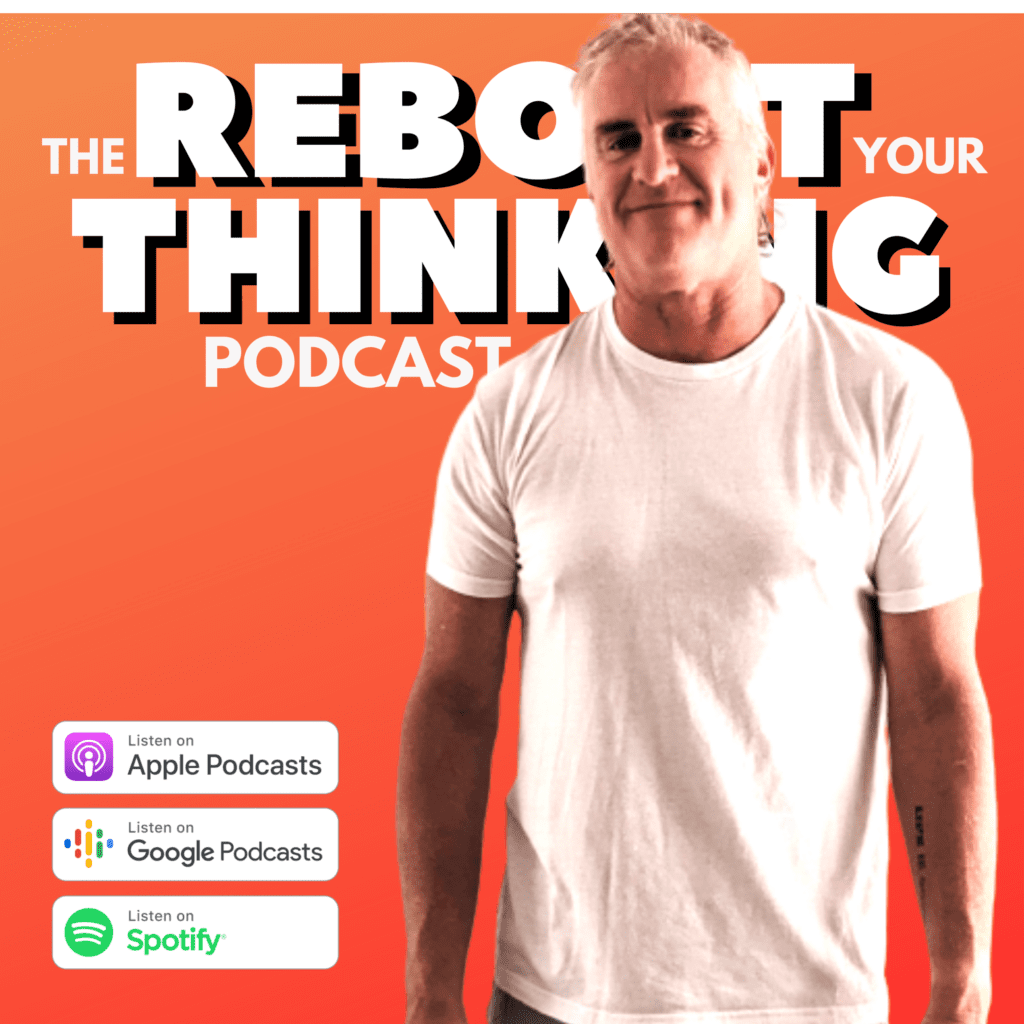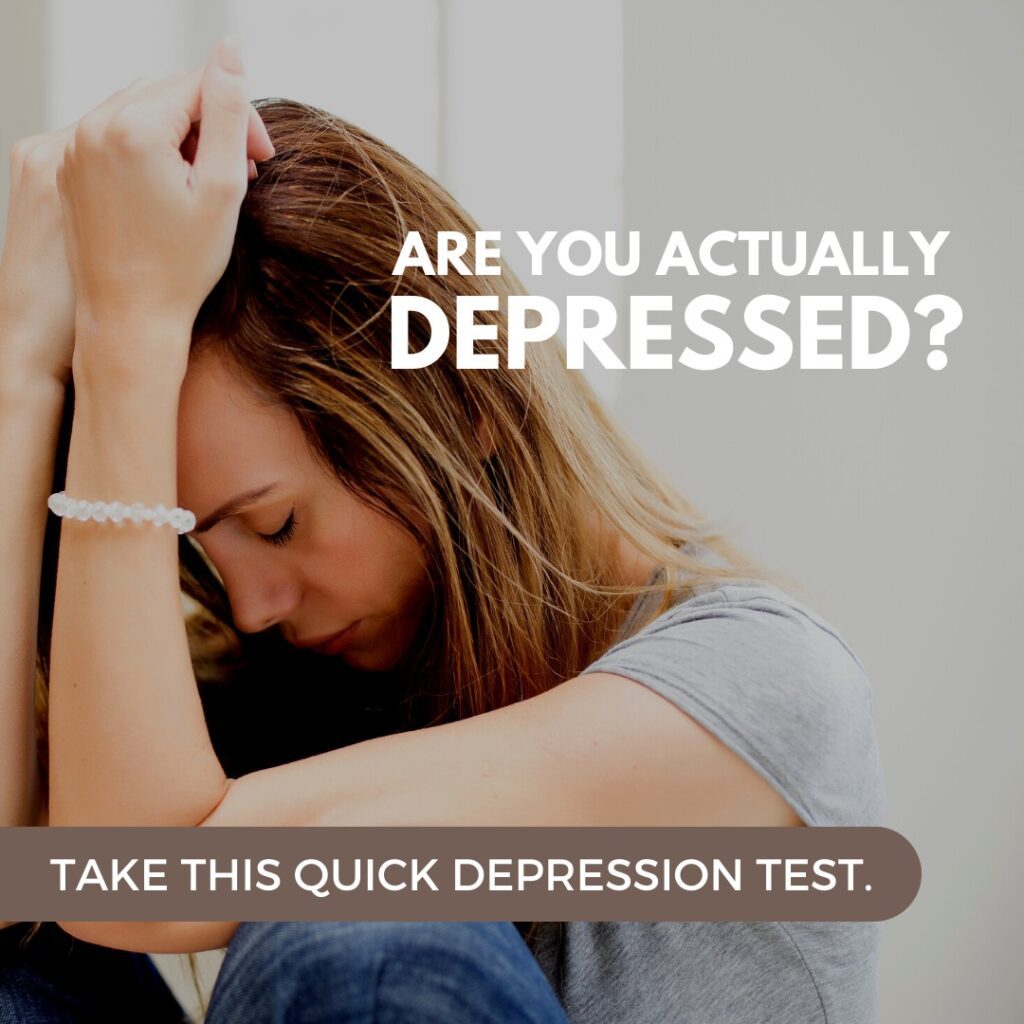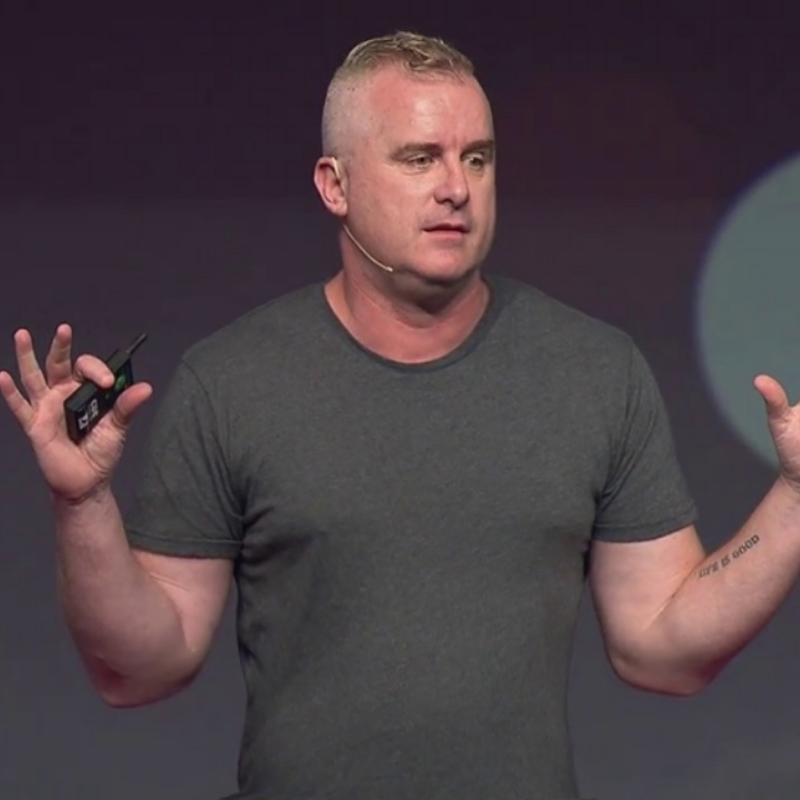By now, you would probably have had to have been living under a rock – or at least have a very strong boundary set for yourself and how you interact with news and social media – to not at least have heard about a virus that is moving relatively quickly between countries on the planet, carried by unsuspecting human carriers, called COVID-19 or Coronavirus.
There are loads of very reputable experts talking about the virus and whether we need some of the global panic we have already seen – including, oddly, fights in supermarkets over toilet paper for some reason – so I am not going to give my incredibly-unqualified opinion about the disease, or how it is spreading, or what the outcome might be.
And it’s not all crazy panic and conspiracy theories, there has been more and more advice from governmental health authorities that are advising some social isolation, not shaking hands for a while, and not sitting in a plane, a train, or a conference room, with hundreds of other people unless you really have to.
While, at the moment, the greatest risk seems to still be the elderly and people who have serious chronic medical conditions like heart disease, diabetes and lung disease, there is also talk of closing countries’ borders, quarantining people from returning from infected communities, big sporting matches being played to empty stadiums, and other events being either postponed or cancelled altogether.
Just in the last day or so, the Rome Marathon has been cancelled, as has the Dark Mofo Festival in Tasmania, and there are fears that the upcoming Olympic Games in Tokyo is now under threat too.
And if you have an event of conference coming up, that might be where you find yourself right now: do we postpone the event, do we cancel the conference altogether, or is there another option?
The good news is yes, there are other options. But before we get to that, let’s take a step back.
There is a lot of disinformation and ‘fake news’ floating around about COVID-19, so let’s just clear up as much as we can from the start.
What is COVID-19 of the Coronavirus?
The first thing to know is that Coronavirus isn’t just one thing, it’s a family of viruses that cause disease and health disturbances, normally only in animals.
There have been strains of the virus, however, that have made the transition from animal infection to human infection and this latest one is obviously one of them.
This version of the virus, officially called Covid-19 can be very serious, and has already been fatal. About one in five cases of the virus are classed as ‘severe’ or ‘critical’, but that also means that four out of five are not. This strain of the virus has a death rate in humans of about 2% of those who get infected in the first place.
For context, previous virus strains that had global attention had much higher death rates: Mers 30% and Sars (10%).
The symptoms of Covid-19 are ‘flu-like’ symptoms including tiredness, fever, dry cough, and feeling generally unwell.
How can you protect yourself from the virus?
The virus, like other cold and flu bugs, is spread when a person coughs or sneezes. If some of the droplets that are coughed or sneezed out land on a surface, and someone else touches that surface, and then that person touches their mouth, nose or eyes, there is a chance that the virus will be spread further.
The number one piece of advice from all of the expert health agencies is to keep your hands clean by washing them frequently with soap and water for at least 20 seconds, or by using a hand sanitising gel.
There is some debate about whether Covid-19 is being transported and spread through by airborne means – something that would definitely affect events and conferences going ahead. However, at this point anyway, there is no definitive evidence that the virus is airborne.
For up to date information on the Coronavirus, without any of the histrionics, panic or fake news, I highly recommend the Coronacast podcast from ABC, hosted by Dr Norman Swan.
Why is the Coronavirus affecting events and conferences?
Covid-19 is forcing the postponement or cancellation of events and conferences primarily because of fear, but also because of sound reasoning around ticket sales, logistics including food handling, and governments and promoters taking the advice of agencies erring on the side of caution.
I get it. Nobody wants to be responsible for the increased spread of the virus or more people getting sick, just because you have been planning an event for a while, or because you have paid a bunch of deposits already.
There is, however, a big financial and commercial imperative attached to conferences and events being cancelled at the last minute (not to mention the conferences and events not running at all), and the impact of those consequences might not be felt for some time.
It’s worth keeping in the mind that the conferences, events, and sporting fixtures that are currently being affected, or potentially being disrupted are mostly really big events, with really big crowds or audiences in attendance. They are also taking into account speakers, musicians, athletes, officials, or performers coming from interstate or internationally, and that obviously brings with it a higher risk of spreading the infection.
However, if you are planning an event or conference that is smaller in scale, or at least could be, then there are some alternatives.
What are the alternatives?
If you are re-thinking your event or conference at the moment, there is a chance that you might have already invested some money (not to mention time and effort) into venues, motivational speakers, catering, accommodation and travel, and so on.
This is a big financial consideration, and depending on payment terms and insurances, that is money that you might not get back if you can’t make some sort of change to your event format.
The good news is there are loads of event formats these days, and some of them you might not have even considered before.
As a motivational speaker who speaks at lots of different events all over Australia and internationally, I have been required to deliver my content in person in a theatre or event space, I’ve done some of them online, livestreamed, and I have even spoken at events where some of the speakers were presented in hologram form on the stage, but were physically thousands of miles away.
The audience can also be thousands of miles away these days, with virtual and online events becoming more and more popular.
Here are some other ways you might go ahead with your conference, without worrying about the Coronavirus.
Reducing the size of the audience.
I understand this will also potentially reduce the amount of revenue you make from your conference and/or reduce the amount of impact you have on your audience, but maybe a smaller size audience in a venue where nobody has travelled a long distance might be an alternative. By just reducing the number of people in a room, you go some way to reducing your risk of exposure and viral spread too.
Reducing travel of the audience or speakers and attendees.
Also, if you reduce the amount of travel that the audience and attendees, as well as any professional or keynote speakers have to travel, that might also mean that your conference can go ahead safely. This might mean keeping people from a regional, rural, or urban area in that area for the conference, and having a bunch of much smaller events all over the place, as opposed to one large event in one large room.
Changing the format from larger plenary sessions to smaller breakout sessions.
The format of the in-person offline event can play a part here too.
Traditionally, conferences like the ones I regularly speak at, have large plenary sessions for the whole group of attendees to attend at once, and then maybe some smaller breakout sessions between, or alongside, those large sessions.
Could you perhaps change the agenda and format of your event so that a large room with a large group of your audience all together at the same time is avoided?
And again, maybe keeping those events regional or geographically isolated from other events within the conference might work too.
Changing from a large conference to a smaller team offsite or regional meeting.
Just this week, I have had a couple of speaking enquiries from businesses and organisations who have now opted for smaller workshops and regional team offsites, rather than a large national conference of all of their suppliers, vendors, staff and customers.
These events are typically much more intimate, better for overall communication and information retention, and give everyone the opportunity to have their voice heard, while still absorbing the content and information that they might otherwise miss in a larger, bigger venue, with a larger audience in attendance.
As a motivational speaker, these kinds of smaller, more intimate, personal, and impactful events are becoming more and more popular lately, and might be a great alternative while the Coronavirus is still making an impact.
WATCH
My Speaking Showreel.
Going virtual.
I have, up until now, been referring to offline events, of course. Those traditional events and conferences where people travel to a central venue for a day or a couple of days and a bunch of keynote speakers run big plenary sessions and breakout workshop sessions for the entire audience in person.
But lately there has also been a big rise in the number of enquiries I get to speak at virtual conferences and events. They tend to be held at a convenient time for the audience to dial in by Skype or Zoom, and while they are in the comfort of their own home or office, they can ‘attend’ the conference and hear from all of the speakers just as if they were actually at an in-person event.
This is an obvious alternative while Coronavirus is still a worry, and also works in the unfortunate case of people being quarantined but still able to ‘attend’.
Livestreaming.
Similarly, events and conferences are turning to livestreaming more and more. Usually as an adjunct to the offline event experience, conference attendees can go to a website or platform and ‘attend’ a conference – or parts of a conference that are appropriate for them – without leaving their home or office or phone!
Recording sessions.
And the last alternative is having your keynote speakers record the sessions they would have otherwise delivered at your conference or event, and giving the attendees access to those recordings either immediately or somewhere down the track.
I think that there is still an obvious difference and a much better feel when it comes to attending an event in person and hearing from professional speakers on a stage in front of you, but while that might not be the case just at the moment, this might be a good alternative to still get a lot of the same outcomes.
Changing the format doesn’t mean forgetting about talent or quality.
Regardless of the size of the room, the size of the audience, or the location of the venue, talent and quality doesn’t have to be compromised. Some of the most professional and impactful events and conferences that I have ever spoken at were smaller, more intimate ones.
It’s VERY possible to have a huge impact, even if you have to change the format or the way your message is delivered to your audience. You can still have great audio-visual effects, you can still have amazing speakers and storytellers, and you can still get rave reviews.
If you think that I would be a good fit for your conference and event, especially given my experience with both large and smaller-sized events, please give my agent, Carson White, a call on 0499 811 817 and have a no-obligation chat with him.
This is important though…
There are a couple of points I really want to make here though.
Firstly, I am NOT an expert in infectious diseases, the viral spread of infection in communities, or even in Covid-19. I, like you, are hoping for the best in all of this, and with lots of work going on to come up with a vaccine for the virus, I am really hopeful that this won’t be something we have to be concerned about for long.
I also hope that not too many conferences or events have to be postponed or cancelled, but I am also much more concerned with people’s safety and security than anything else, so I just want to make that point straight up.
Secondly, I think as an event or conference promoter, you still have an opportunity – even if your conference is under threat in its current format or location – to make sure your attendees get the information and content and motivation that you want them to have at your event, while still being able to make them feel happy, calm and safe.
The unfortunate side effect of fear in humans is panic. And then division. And then resentment.
So whatever we can do to arrest that flow, while still being able to influence people, deliver great content to people who want and need it, and continue to change the world as we do so, is well worth it.
I hope that, if you are planning an event or conference coming up, you are able to go ahead and deliver that conference in some shape or format that still gets your message to the right people at the right time. It might not be in a huge stadium that people have flown in for, but as you can see above, there are always other alternatives.
Stay safe, and please don’t fight anyone over toilet paper in a supermarket.
Nick


















